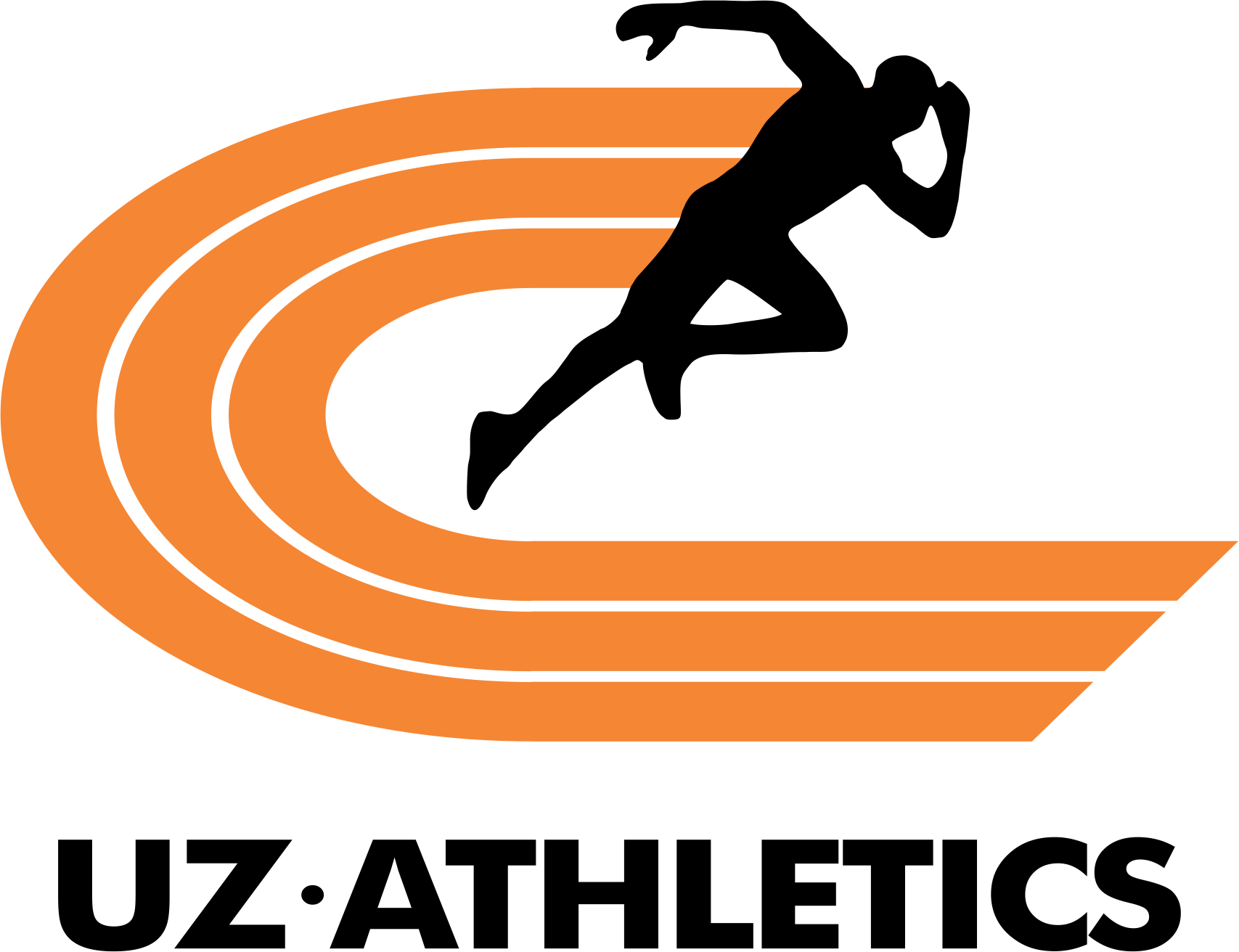 Code of Ethics for Coaches
Code of Ethics for CoachesCode of Ethics for Coaches
INTERNATIONAL ASSOCIATION OF ATHLETIC FEDERATIONS
Code of Ethics for Coaches
Main Idea
The main role of the coach is to optimize the individual development process by realizing the athletics potential. This role involves taking into account the long-term interests of athletes, which are more important than achieving short-term athletics goals. To fulfill this role, coaches must behave ethically by adhering to the following principles:
Coaches must respect fundamental human rights, that is, the equal rights of every athlete without discrimination on the basis of sex, racial, linguistic, religious, political reasons, skin color, beliefs, nationality or social origin, membership of national minorities, birth or other status.
Coaches must respect the dignity and importance of each individual. This includes respect for the right to be free from physical or sexual violence.
Coaches must ensure that the practice environment is safe and compliant. This should take into account the age, maturity and skill level of the athlete. This is especially important for young or novice athletes.
Coaches must acknowledge and abide by the competition rules. This applies to both the spirit and the letter of the rules during training and competition to ensure a level playing field for athletes.
Coaches must actively show respect for the judges, recognizing the role of the judges in ensuring that the judging will ensure the fair conduct of the competition in accordance with existing rules.
Coaches have a responsibility to influence the behavior and demeanor of the athletes they coach, while encouraging the independence and self-affirmation of each athlete, their responsibility for decisions, behavior and demeanor.
Coaches should take a proactive stance to prevent any use of illegal drugs or other unauthorized substances and methods that improve performance. This active role of the coach is to educate athletes about the harmful effects of prohibited substances and methods.
Coaches must recognize that all coaches must have an equal right to wish success for the athletes they train and who compete by the rules. Observations, recommendations and criticism should be addressed to a specific person so that they are not heard or seen by strangers.
Coaches should never openly or covertly persuade trainees to join their group.
Coaches must be of recognized coaching qualifications. Coaches need to understand that the acquisition of coaching qualifications is an ongoing process that continues through increased knowledge through participation in accredited courses and through the acquisition of practical coaching experience. Trainers are also required to share the knowledge and practical experience they have gained.
Coaches must respect the coach's image and consistently maintain the highest standards of personal behavior, which is manifested in appearance and actions.
Coaches should never smoke during training or consume alcohol shortly before training, which could affect their competence or smell of alcohol.
Coaches should give their full support to all individuals and organizations that can play a role in the development of the athletes they coach. This includes collaborating with other coaches using the expertise of sports scientists and sports physicians, showing active support for the activities of their national federation and the IAAF.



















